Learning to Make Fufu
Standing in the kitchen feels like standing in the oven: the heat suffocates me, and the smell of various foods cooking churns the acid in my stomach. It’s almost too much, every burner on the stove occupied by a bubbling pot, the oven stuffed with a turkey, a ham, and baked fish, the counters covered with bowls and trays of side dishes African and American.
“Okay, Akosua,” Auntie Fergie says, pressing her palm against my shoulder. “The jollof rice will be done soon. We have all the meat in the oven. We have made the macaroni and cheese, the cranberry-whatever-that-is jelly is out of the cans, we made stuffed crabs, the beef and spinach stew, the fried yams and tatale, and the groundnut soup for the fufu. Do you know what we need now?”
“No, Auntie, I’m not sure. What do we need?”
She takes me by the shoulders and shakes me gently. “The fufu itself, you silly girl. The last time you were here, you expressed an interest in learning how to make fufu. So come. I will teach you.”
At Auntie Fergie’s instruction, I wash my hands and slip an apron over my outfit. She has pulled off her blouse and stands ready to cook in her bra and an undershirt; Aunty Gifty slides an apron on, too, and begins to inspect the plantain she’ll use for dessert.
“Really, my dear, here in an American kitchen, there is no point in making fufu the traditional way.” Aunt Fergie pulls out a blue box of fufu powder, and I think that this isn’t going to be any of kind of lesson at all, just her showing me the easy way to prepare this West African staple: boil water, add the powder, stir over heat until the mixture thickens to the consistency of a giant dumpling. But she continues, “Powders like these are a shortcut. You know, if your Wisdom likes fufu once a week or more as my husband does, you need a fast way to prepare it.”
“At home in Ghana,” Auntie Gifty jumps in, “you cut cassava and plantain into chunks and boil it for a long time. Then the cooked cassava and plantains are added piece by piece into a big wooden mortar and pounded very carefully with a big stick, tall enough that you must stand on your feet to pound it.”
“Very carefully,” Auntie Fergie repeats. “One person cannot do it alone. Two people must do it. One to feed the chunks of food into the mortar, one to crush the cassava.
“You sweat. Oh, how you sweat,” Gifty laughs. “And it goes right into the food.”
“At first, all you hear is the sound of the pestle hitting the wood. Knock, knock. But as water is added, as the dough is turned and kneaded, there’s a different sound. The person doing the pounding slows down, so that the pestle only touches the dough, the pestle going in and out of the food as it becomes thick and smooth, and instead of ‘knock, knock’, it sings, ‘fu-fu, fu-fu’, as the air trapped inside the dough tries to escape.” Auntie Fergie claps her hands together with a flourish. “And when it is just smooth enough, no bumps or lumps, you are done. You add your soup or stew and you eat and while you eat, you sweat out the same sweat of the people who pounded the fufu in the first place.
“And maybe your mommy never told you, and perhaps you never learned in school, but when slaves came to this country from Africa, they brought with them this staple, fufu. And it became hoecakes, cornbread, grits. Black American Southern food, it all came from this history of preparing fufu, it is all the same idea but modified for different situations. It all came from our practice of pounding roots with care until they form something of such overwhelming sustenance that you must sleep after you eat it.”
Auntie Fergie pauses, exhales deeply. She’s never spoken to me for so long in English; she’s usually speaking at me, around me, about me. She waves the box of blue powder in my face. “So even though this is not the traditional way of making it, it’s okay! It’s still authentic. And it still puts a smile on my husband’s face.” To my surprise, she stores the blue box in the cabinet again. “Now since today is a special occasion, we can indulge ourselves and make it from scratch with real roots.”
It’s still an American compromise. Instead of the mortar and pestle, we use a food processor. Instead of cassava and plantain, we use boiled potatoes and yams. Auntie Fergie shows me how to mash the roots with a wooden spoon, how to process the mixture long enough to remove lumps but fast enough to keep the fufu thick.
“Now you can teach your mommy the next time she comes to visit,” Auntie Fergie says when we’ve formed the fufu into large balls and covered them until we’re ready to eat.
“What?”
“Everybody knows your mommy can cook anything but fufu.” Fergie shrugs. “Your grandmother never taught her. That’s why she never taught you. Her mommy wanted her to be a modern girl, only time for books, no time for pounding fufu. But it’s okay. Now the modern American girl can teach her modern Ghanaian mommy all about the tradition.”
As I sidle up to Auntie Gifty, who offers to teach me how to make tatale, I’m feeling weak-limbed, but I’m also aware of the invigoration of blood coursing through my veins. Perhaps it’s because I miss my mother: I feel weak because I wish she were here, but I feel thrilled at the possibility that I’m having a good time without her, that I don’t always need to hide behind her when I’m with these people, my family.
***
Preorder Blood on the Brain here: Bookshop
Excerpt from BLOOD ON THE BRAIN published by Red Hen Press. Copyright © 2024 by Esinam Bediako.


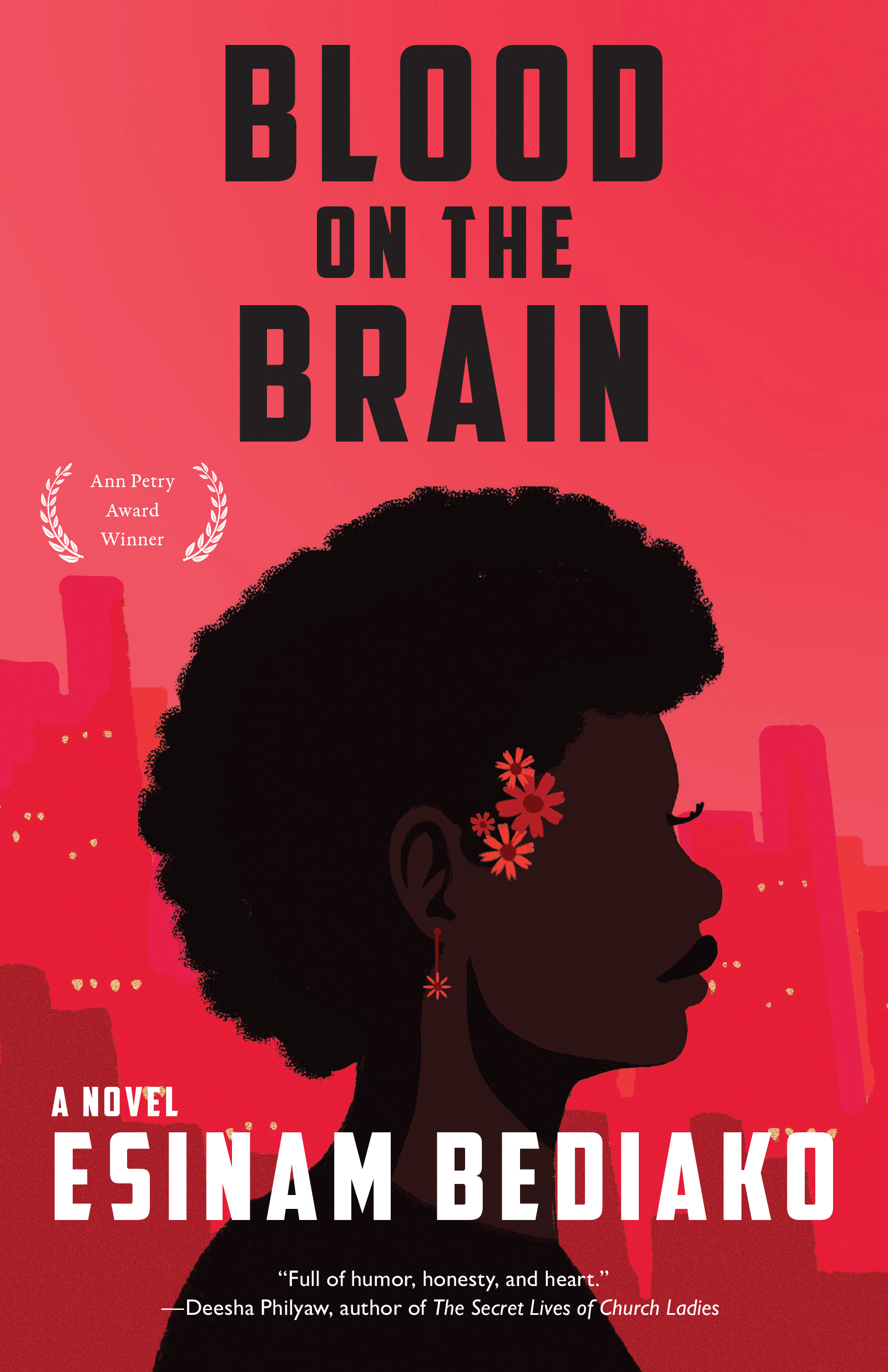
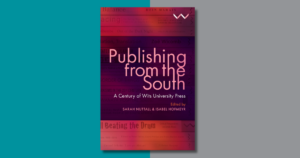
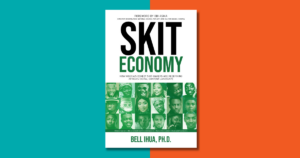
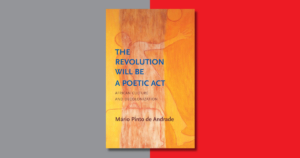
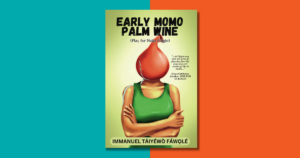
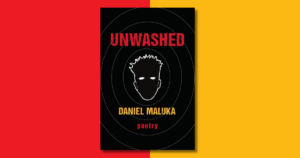
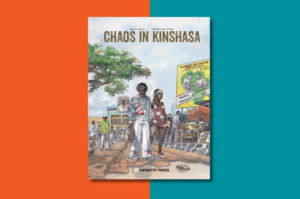

COMMENTS -
Reader Interactions